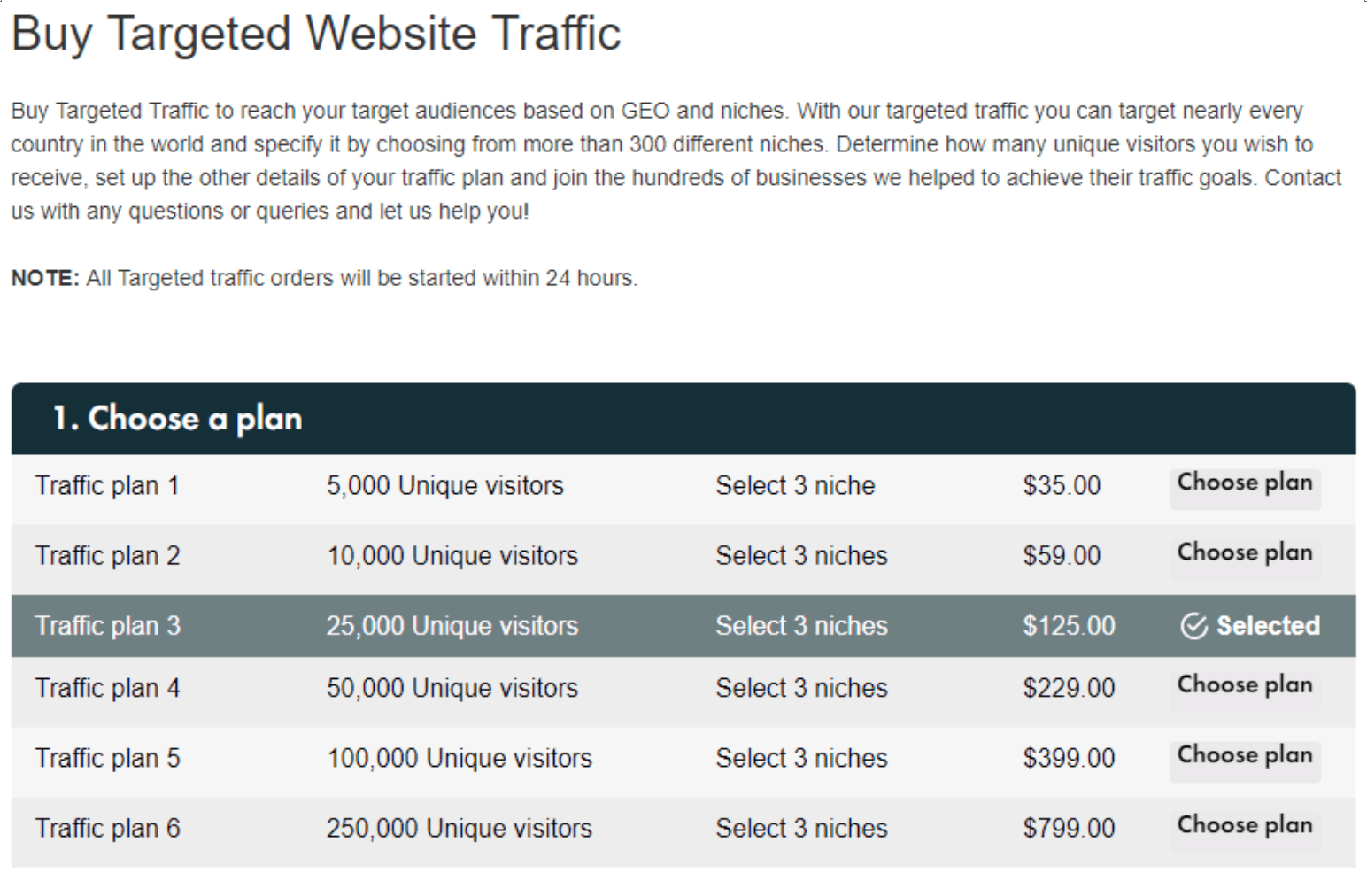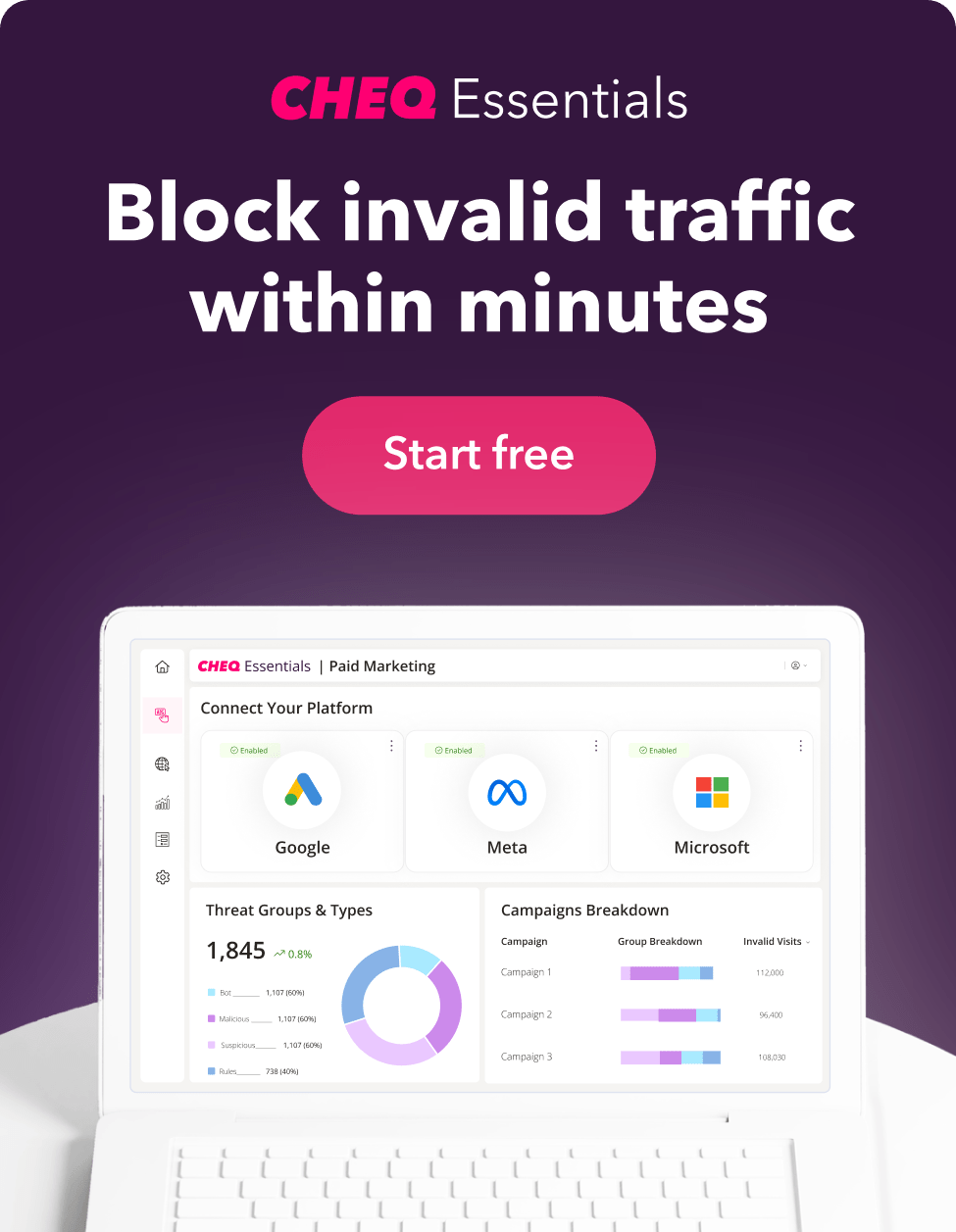Click Farms Are The Cruel Reality Of The Ad World
Ilan Missulawin
|Cyber Risks & Threats | August 01, 2022
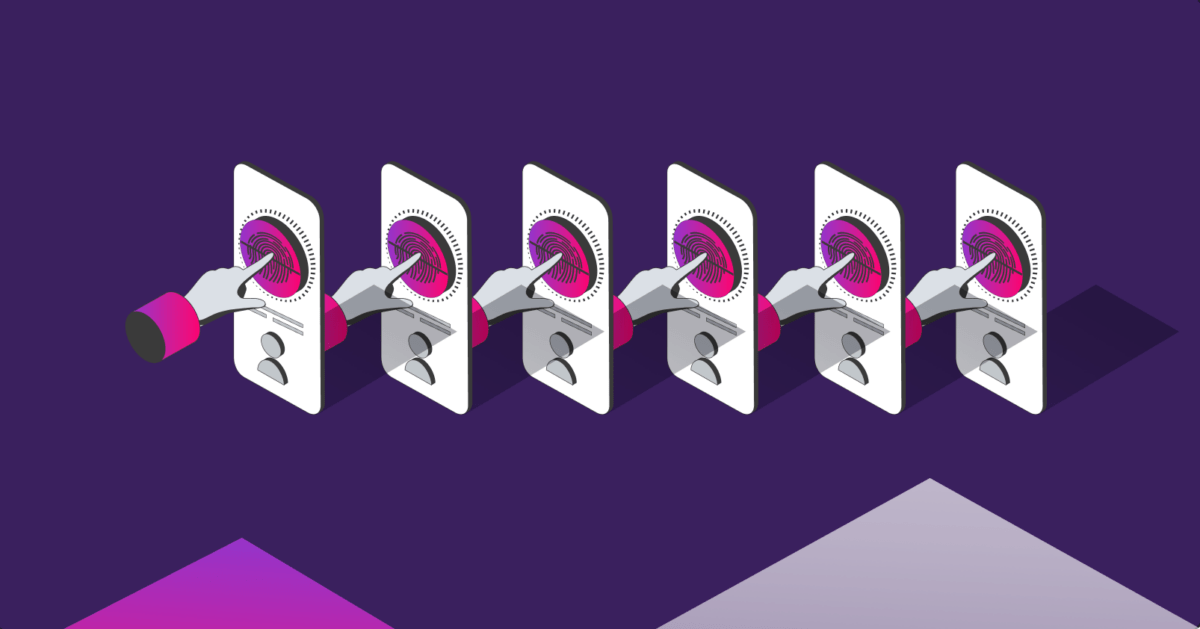
Click farms have become the torment of honest people everywhere. Without knowing it, activity from a click farm has had a direct impact on your life: whether manipulating social media algorithms to promote certain content, boosting the “likes” of peers on Instagram, or clicking on ads of yours with no intention of buying, draining your budget.
Click farms are cruel: to the innocent people they affect and the employees in the industry. Vulnerable people are forced to work for almost nothing, often in terrible conditions, with no rights and little protection. When these click farms invariably get shut down by law enforcement, they are left with nothing.
Before we explore more about click farms, it helps to understand what is a click farm and how it works.
What is a Click Farm?
Where a farm is the harvesting of produce on a large scale, you can think of a click farm as the harvesting of fake online engagements on a large scale. These engagements can be likes, website hits, ad clicks, or any other type of action.
A click farm generally consists of a large group of low-paid workers who are hired to perform specific tasks, depending on the client engaging the click farm.
For example, a wannabe Instagram influencer can quickly engage a click farm to buy tons of followers.
Imagine a dark warehouse packed with computers and phones, with low-paid employees spending days and nights clicking ads, liking pages, or following accounts. Each worker gets paid a few dollars per thousand likes but multiplied by thousands of devices, this quickly adds up to some big numbers.
Click Farm as depicted in the HBO show silicon valley.

A click farm operates for different objectives:
- Social media: with social media click farms, any type of engagement can be purchased, from likes 👍to followers, shares, and even comments. This occurs across all social media platforms, including Facebook, Instagram, Twitter, Pinterest, and even LinkedIn. Click farms can also be used to spread false or biased information or artificially boost certain posts.
- PPC: with PPC click farm fraud, there are two primary ways of fraud being perpetrated. One is clicking competitors’ ads, thereby draining their ad budgets. The other is by clicking on ads on a business’s own page, where that business earns revenue from every ad click.
- Websites: click farms can be used to inflate the number of visitors to a website, making it more attractive to advertisers or potential buyers.
How Do Click Farms Work?
Click farms are usually created in places where law enforcement for this type of activity is not so strong, often in countries like Bangladesh, China, India, Indonesia, Nepal, and the Philippines. However, there are also cases of click farms in places such as the USA and Europe.
Generally, a warehouse is set up with many rows of shelves with various devices plugged in. These could range from computers to tablets or mobile phones, depending on the traffic that is required for the job.
Click farms vary in sophistication. Some are rudimentary, and big social media platforms often disregard their ” likes ” when they do periodic algorithm-based purges. Others are more advanced, where profiles are carefully created and nurtured, looking “real” for all intents and purposes. These types of clicks are more valuable, more difficult for algorithmic solutions to spot, and often attract a higher price tag.
Employees in click farms spend their days setting up fake accounts and then using these to like, follow or share, depending on the task. For a glimpse into what a real click farm looks like:
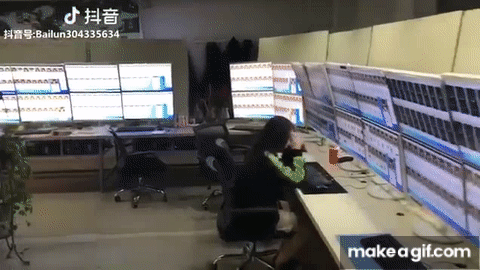
Offshore click farms can be hired from anywhere and show up in Google search:
By signing up remote workers to click on ads, the click farm has become even more accessible to people. And with jobs being lost due to the Covid-19 pandemic, it’s no surprise that sites such as NeoBux and Scarlet Clicks have seen a boom in new sign-ups.

Why Do Businesses Use Click Farms?
There are several reasons why a business would engage the services of a click farm. This depends on their industry, their objectives, their budget, and how desperate they are.
Traction
When launching a new account or product page, no one will be interested in following if there are only three likes and they’re all from company employees. However, if the page already has a few thousand likes, people are much more likely to be interested, engage, and follow the page.
[Just choose your click farm plan!]
Exposure
A video, for example, with only a handful of likes or views isn’t going to make much of an impression and certainly is not going to be shown by the likes of Facebook to a large audience. However, with likes and views bought from a click farm, that video will start trending and will be shown to more people, which will, in turn, create even more “virality,” and so on.
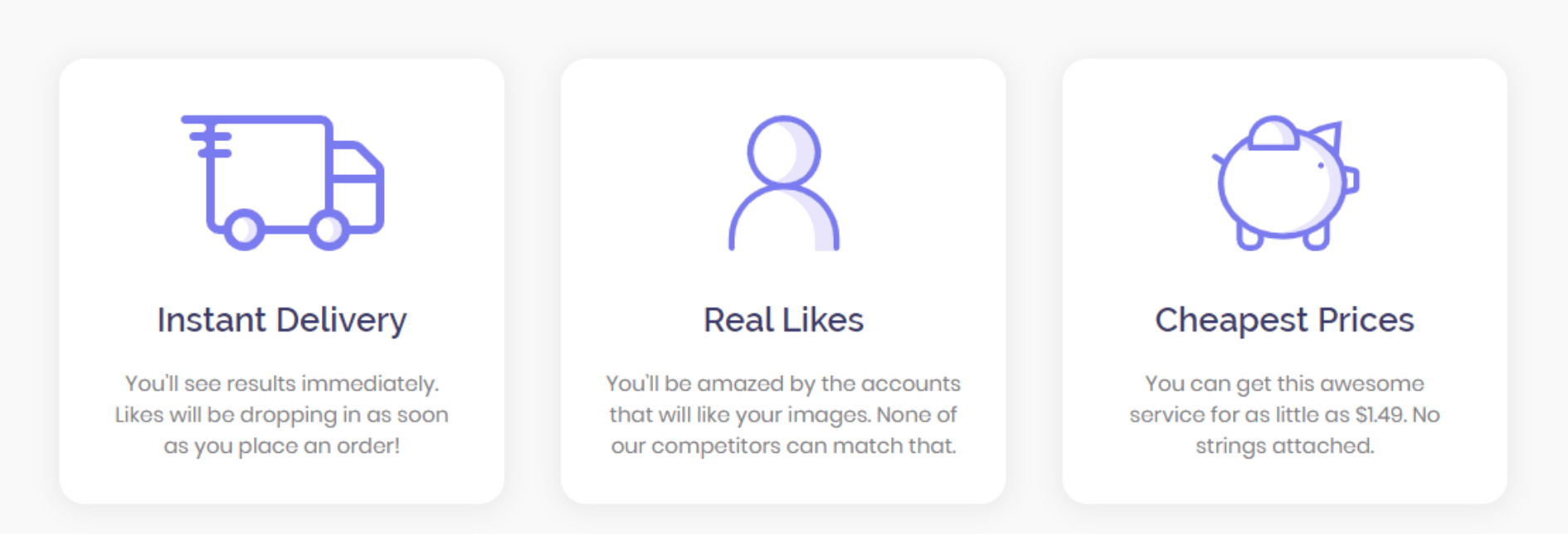
[This beautiful website sells Instagram likes]
Inexpensive
Click farms are incredibly cheap. Thousands of likes can be bought for just a few dollars. And when one considers the conditions in which employees at these click farms work and how little they’re paid, it’s no wonder.

[This ad shows just how cheap clicks from a click farm can be]
Competitors
Click farms can be used to gain an unfair advantage over competitors. For example, an online shirt seller might pay a click farm to click a competitor shirt seller’s ads. This constant clicking will drain that competitor’s account and result in those ads not showing: a “double win” for the bad guys.
How to Prevent Click Farms from Harming Your Ads?
Stopping click farms (as opposed to bots) is relatively difficult, as the accounts act like humans without displaying the tell-tale signs of bot traffic. Indeed, some newer forms of click farms use humans, such as the paid-to-click (PTC) models.
If click farms start harming your ads, the results can be catastrophic, from lost revenue and being penalized by Google Ads to drained accounts, allowing competitors to jump to the top spot in search results.
So, how does one prevent click farms from harming your ads?
Some work can be done manually: for example, by looking out for strange metrics like lots of clicks but a large drop in conversions – a common indicator of click fraud.
The most effective way to stop click fraud is by engaging a click fraud specialist. This is a company that uses technology to filter traffic and ward off hackers, bots, and click farms from clicking on your ads and depleting your PPC budget. The click fraud specialist attacks competitor click fraud, outsmarting even those fraudsters who managed to sneak past existing Google or Bing anti-click fraud technologies and preventing the competition from blocking your businesses from appearing in your place in Google’s search results.
CHEQ Essentials offers industry-leading technology to prevent clicks from bots and click farms. If you’re running pay-per-click (PPC) ads, don’t run a campaign without protection.
To find out more, click here.
We also did some up-to-date research about click farms, which you can read here.

